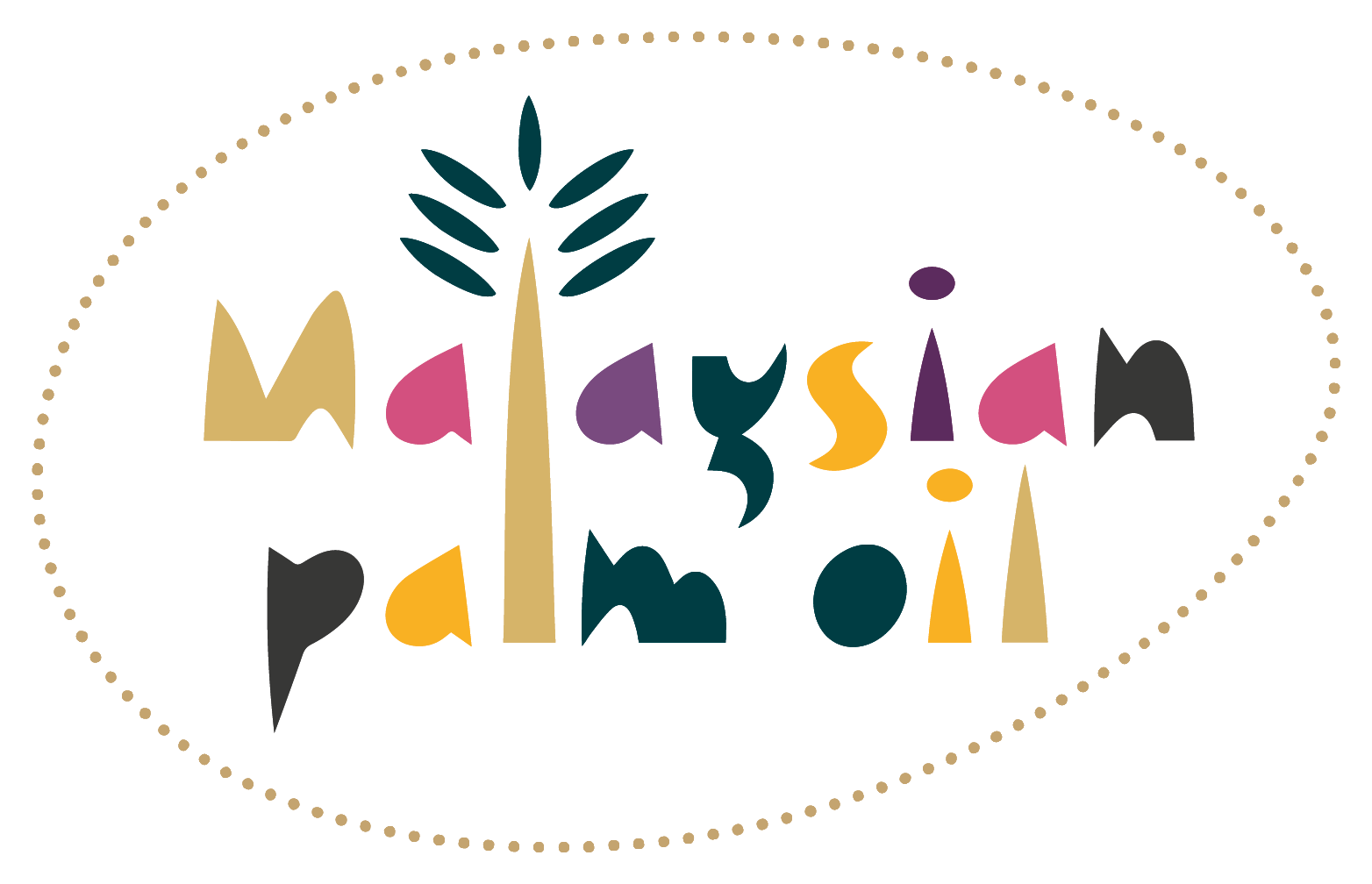By: Dr. Jonathan Ellen
Dr Jonathan Ellen is the CEO of Connections for Health. He is the former physician-in-chief and CEO of Johns Hopkins All Childrenâs Hospital and retired Professor of Pediatrics and Epidemiology, Johns Hopkins University.
He spoke with MPOCâs Palm Oil Policy blog about how âpalm oilâs low-cost is a lifesaverâ for many consumers, âthere is a lot of misinformationâ around diet and health, and his passion for ending health inequalities âwhich lead to shocking differencesâ between communities.
What have been your core interests and passions in your 30-year career in health and nutrition?
- âHealth inequalities remain a significant concern throughout the world â both in terms of disparities between countries (especially between the low- and middle-income countries) and also within countries in Europe and in the U.S., where there are shocking differences in life expectancy, access to proper nutrition, health education, and other factors.â
What policies or approaches would make the most positive difference when it comes to resolving health inequalities?
- âThe first answer to this is simple; you already know it, but its importance cannot be over-stated. Affordable and accessible high-quality foods, housing, education, and the environment. This is true both in rich countries and in developing countries.”
What is driving food prices higher?
- âThe high cost of foods essential for a healthy balanced diet can be traced to cost of production, labor costs, and more recently the negative impact of taxes levied on foods deemed to be unhealthy. Taxes on foods (e.g. âfat taxesâ, âsugar taxesâ, and so on) hit the poorest the hardest. These are regressive taxes. Tariffs on imported foods, protectionist subsidies, environmental regulations, labeling rules ⦠all of these raise the cost of food, which hits the poorest hardest. These are regressive, too.”
What is the role of public health officials in driving up the cost of food?
- âPublic health officials by their nature prioritize health-related issues above everything else. In doing so, their policies often result in unintended consequences, including making food more expensive and life more difficult for marginalized groups. This is driving worse health inequality.
- “We need to revert to the timeless, and accurate, public health message that a balanced diet and moderation are the best approach to achieving a healthy lifestyle. Essential nutrients that are part of a balanced diet, like saturated fats, have been unfairly demonized, taxed, and restricted. We need these fats to make many of the foods that consumers like and are part of their varied, wholesome diet. It is essential to keep costs down on these foods.”
How does palm oil help to reduce health inequalities?
- âPalm oil is a really important part of this conversation, in both the major food/health markets that I mentioned: the rich world, and the developing world.
- âIn the developed world, palm oilâs low cost is a lifesaver for less affluent consumers and communities. Palm oilâs role as an ingredient provides essential fats and calories in prepared foods, baked goods, breads, and countless others. Palm oil is competitively-priced because it is super-efficient â five to ten times more efficient as a crop than other oils like soy or rapeseed. We should be celebrating the fact that efficient imported vegetable oils provide more affordable food for disadvantaged communities.
- âIn the developing world, the red palm oil, an equivalent to extra-virgin olive oil, is used for cooking in Africa and elsewhere: Red palm oil is one of the largest known sources of Vitamin A beta carotenes, and Vitamin E tocotrienols â far more than better-known sources like carrots or tomatoes.
- âWestern regulations, taxes, and trade barriers are raising costs for producers of core foodstuffs like palm oil and others (cocoa, soy, rice, etc). This impacts the farming communities raising their risk of hunger or health inequalities.â
What is the worst misinformation around palm oil?
- “Palm oil is a fruit oil, not a seed oil. The oil is removed by pressing the flesh of the palm fruit â just as olive oil is made from pressing olives. Itâs completely inaccurate to confuse palm oil with seed oils.
- “Secondly, there is a major problem with understanding fats. Palm oil is a balanced fat, with 50-50 unsaturated fats and saturated fats, and is less expensive than butter which shares similar fat profile. These fats are essential for human health. Palm oil has zero trans fats, which are on the road to being banned in many countries.”
How can we help consumers get accurate information about diet and nutrition?
- “Media have a responsibility not to spread misinformation in pursuit of clicks and subscriptions.
- “Food companies have a responsibility. I recall some years ago African farmers won a court case because a big French supermarket was using misleading anti-palm oil labels. That sort of consumer misinformation needs to stop.
- “Governments have a responsibility. Taxes on palm oil or fats in general lead to health inequities. Protectionist restrictions on food imports and ingredients will reduce choice and also stoke inflation.
- “We should scrutinize so-called lifestyle influencers who are always searching for the newest diet fad that misleads consumers into believing that certain health trends will solve everyoneâs medical or diet issues. We must reinforce that healthy lifestyles are built every day by a multitude of small, good decisions to eat well, exercise, and prioritize our whole health.”
